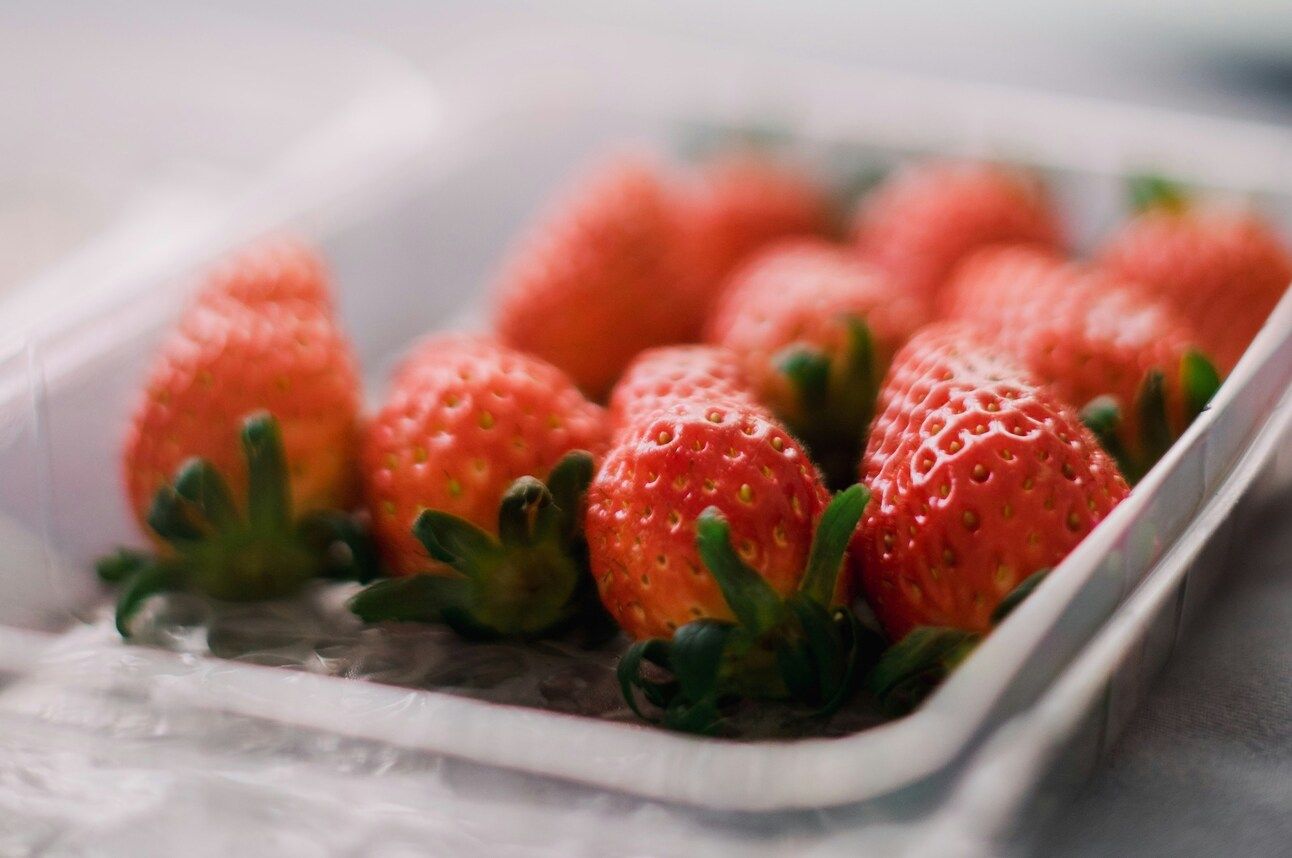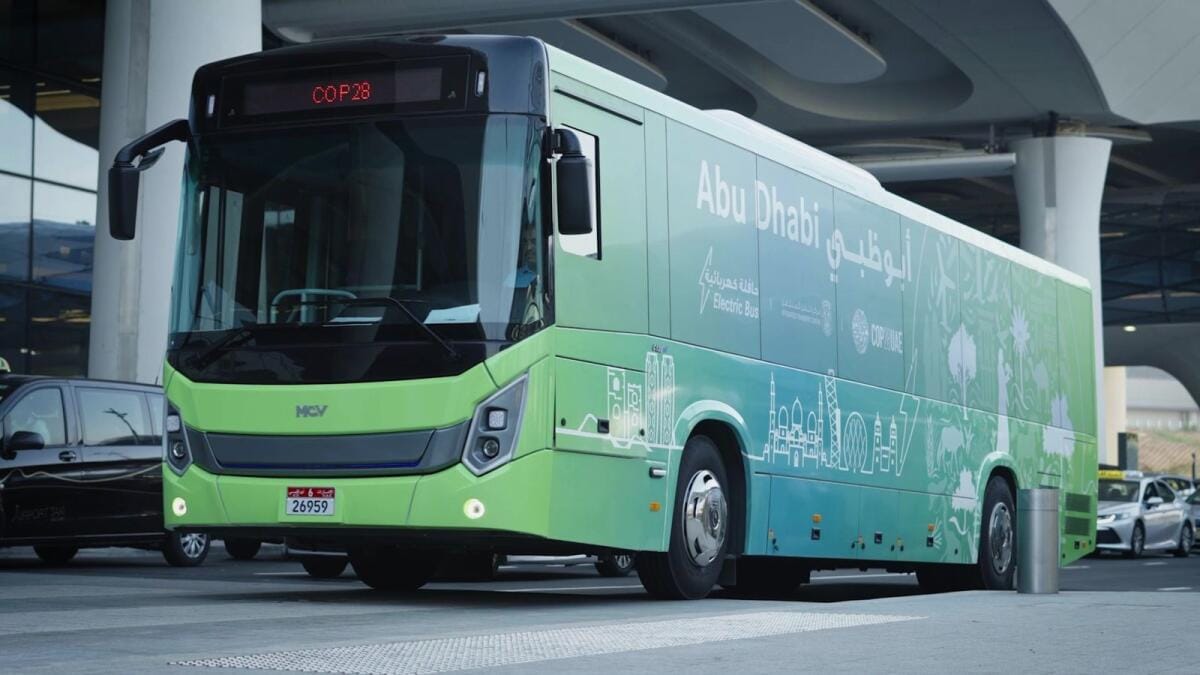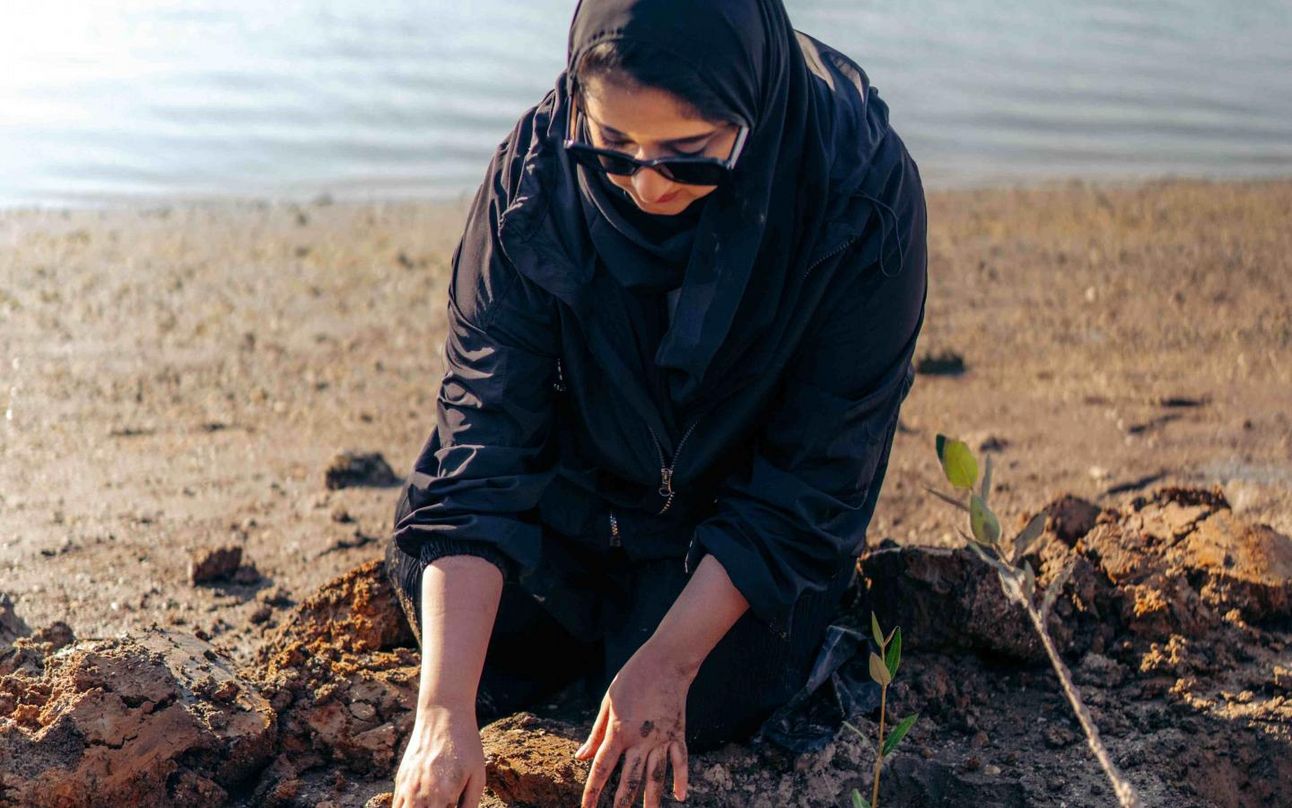- Soma Mater's Newsletter
- Posts
- SOMA MATER Weekly Newsletter
SOMA MATER Weekly Newsletter
September 13th 2024

Welcome to the SOMA MATER weekly newsletter.
This weekly newsletter highlights the top 3 stories from the past week in food systems and sustainability, along with SOMA MATER's analysis and perspective.
We are excited to announce that Soma Mater will be hosting an Online Live Session on September 18th at 9:00am, to discuss our Food and Water Security and Net Zero Transition Intelligence Reports.
This session will provide an in-depth look at our reports and the opportunity to ask questions directly to our team.
Please RSVP by emailing us on [email protected] and / or join the live session:
Linkedin: SOMA MATER
https://www.linkedin.com/feed/update/urn:li:ugcPost:7237649566269898753/
Instagram (@wearesomamater)
Sustainably yours,
The SOMA team
Berry Exciting: New Vertical Farm to Take Strawberries to New Heights in Abu Dhabi

A 7,500sqm indoor vertical strawberry farm is set to begin construction in Abu Dhabi this winter. The project is the first of its kind in the region and aims to enhance sustainable agriculture and local production. This project is a collaboration between Mawarid, an Abu Dhabi-based subsidiary of Alpha Dhabi Holding, and Plenty, a California-based farming firm.
The initiative involves an investment of Dh500 million and will be the first of four more farms over the next five years. The partners are also exploring further opportunities throughout the GCC region for the additional farms.
FAO data reveals a trend in UAE's strawberry trade from 2014 to 2022. Import quantities and values have generally increased over the years, with import quantities rising from 8,428.26 tonnes in 2014 to 11,665.7 tonnes in 2022. Similarly, the import value grew from $33,558,000 to $53,919,000 during the same period. On the other hand, export quantities have decreased from 218.78 tonnes in 2014 to 57.65 tonnes in 2022.
So far, demand for strawberries has been met by importing from regions where they are in season. The vertical farm will give the local market access to purchase strawberries grown locally year-round. It will also supply the GCC countries.
SOMA’s Perspective:
With changing demographics in the UAE and the influx of foreigners, there's a growing need to accommodate diverse dietary preferences. Under the Dubai Social Agenda 33, the number of citizen families alone is expected to double within a decade. With this growing population, the UAE is committed to meeting this demand by expanding its production capabilities.
Sources:
Bustin' Out the Green Machines: Abu Dhabi's Electric and Hydrogen-Powered Buses

Abu Dhabi is gearing up to introduce electric and hydrogen-powered buses, marking a significant step in the Emirate's green public transport initiative. Despite the upgrade, bus fares are set to remain unchanged.
This initiative is part of Abu Dhabi's ambitious plan to convert 20% of its public transportation to green alternatives by 2030, with a target of achieving 100% environmentally friendly transport by 2050. The new buses will not emit pollutants or greenhouse gases, only water vapor, making them a cleaner option.
The announcement highlights the UAE’s push into alternative mobility energy sourcing. The country’s National Electric Vehicles Policy aims to establish a national network of electric vehicle (EV) chargers, reduce energy consumption in the transport sector by 20%, and improve road quality. Projects like the Global EV Market Project, launched in May 2023, aim to turn the UAE into a global market for electric vehicles, with a goal to increase the share of EVs to 50% of total vehicles on UAE roads by 2050.
This will be the first time hydrogen buses will be available to the public in Abu Dhabi. Other countries in the region have also taken similar steps. Qatar, for instance, aimed to make 25% of its public transit bus fleet electric by 2022. This included public buses, government school buses, and Doha Metro feeder buses. The gradual shift to electric vehicles was part of Qatar's effort to cut down harmful carbon emissions from buses by 2030.
SOMA’s Perspective:
SOMA sees the UAE's push for electric and hydrogen-powered buses as a clear sign of its commitment to lead in urban sustainability. The UAE has always sought to be a pioneer for developments in the region. Abu Dhabi’s initiative to introduce electric and hydrogen-powered buses aligns with this objective. By being among the first in the region to implement this at a public scale, the UAE is setting new standards and meeting global standards in green transportation.
Sources:
From Sand to Sustainability: UAE Women Are Greening Up the Scene!

Emirati women are making significant strides in sustainability leadership. Women now comprise half of the UAE's Federal National Council. H.E. Sheikha Bodour Al Qasimi, President of the American University of Sharjah, has driven Sharjah's sustainability initiatives. She has overseen Sharjah Sustainable City and engaged in strategic discussions with BEEAH Group. H.E. Mariam bint Mohammed Almheiri and H.E. Dr. Amna Bint Abdullah Al Dahak (current) have both served as Minister of Climate Change and Environment, showcasing the UAE's commitment to female leadership in key environmental roles.
The UAE has improved significantly in its gender balance. Nine years ago, the UAE ranked 49th place globally in the Gender Inequality Index by the United Nations Development Program (UNDP). This year, the UAE moved up to 7th place globally. More recently, the UAE also ranked 1st globally in indicators like secondary education enrolment, in higher education enrolment, and in women in parliament.
Emirati women have long been stewards of the UAE's natural resources, managing food, water, energy, and local plant species. In the UAE today, a significant number of scientists working on desert ecology, marine conservation, and sustainable energy solutions are women, making them essential to the country's sustainability efforts.
Emirati women are also making environmental contributions as entrepreneurs. Palmade was co-founded by Lamis Al Hashimy and produces biodegradable cutlery and straws from date palm products. The company now produces up to 70,000 pieces daily, offering sustainable alternatives to single-use plastics.
SOMA’s Perspective:
By empowering women in sustainability roles, the UAE leverages diverse perspectives and experiences to tackle complex environmental challenges. This promotes gender equality and enhances the nation's capacity to develop comprehensive solutions. It leverages Emirati women's unique insights, often shaped by their traditional roles as resource managers in the community, contributing valuable viewpoints to sustainability discussions. By doing so, the UAE also promotes the participation of female youth. The UAE's National Youth Strategy aims to create an environment that nurtures young people's growth. This includes both physical infrastructure and intangible support systems to help them thrive.
Sources:
https://www.arabianbusiness.com/powerlists/revealed-arabian-business-100-most-inspiring-leaders-2024
SOMA MATER is writing Intelligence Reports on the topics of Food and Water Security and Net Zero Transition. If you’d like to know more, contact us through the link below: